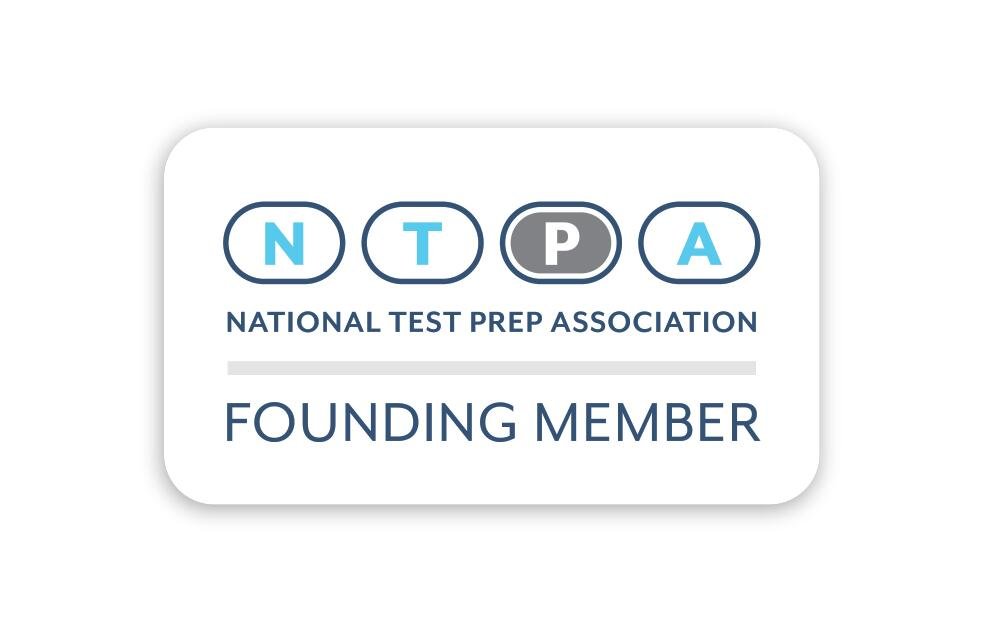Transferring Credits from AP Courses for College
/In the realm of education, students constantly seek ways to challenge themselves and stand out among their peers. One avenue that has gained significant recognition in recent years is Advanced Placement (AP) courses. These rigorous classes not only provide students with a chance to delve deeper into subjects of interest but also offer numerous benefits, including the potential to earn college credits.
Understanding the Significance of AP Courses
Advanced Placement courses are college-level classes offered to high school students. These courses cover material that is typically taught in introductory college courses, providing students with a preview of the academic challenges they may face at the collegiate level. By enrolling in AP classes, students have the opportunity to engage in more demanding coursework, explore subjects in greater depth, and develop critical thinking skills essential for success in higher education.
One of the primary advantages of AP courses is their ability to demonstrate a student's academic readiness and commitment to challenging coursework. Successfully completing AP classes and performing well on AP exams can strengthen college applications, setting students apart from their peers and increasing their chances of acceptance into competitive universities.
Transferring AP Credits: A Valuable Asset
Beyond bolstering college applications, AP courses offer students the chance to earn college credits while still in high school. Many colleges and universities across the United States grant credit or advanced placement to students who achieve high scores on AP exams. These credits can translate into significant time and cost savings by allowing students to fulfill prerequisite requirements or even earn advanced standing in their degree programs.
Transferring AP credits to college requires careful planning and consideration. Each institution sets its own policies regarding the acceptance of AP scores and the awarding of credits. While some colleges may accept a wide range of AP scores for credit, others may only grant credit for scores above a certain threshold. Additionally, the amount of credit awarded for each AP exam can vary depending on the college and the specific department or major.
Maximizing the Benefits of AP Courses
To maximize the benefits of AP courses and ensure successful credit transfer, students should take several key steps:
Research College Policies: Before enrolling in AP courses, students should research the AP credit policies of the colleges and universities they are interested in attending. Understanding these policies can help students select the most appropriate AP courses and set realistic expectations for credit transfer.
Strive for Success on AP Exams: Achieving high scores on AP exams is crucial for maximizing credit transfer opportunities. Students should dedicate time to thorough preparation and review, utilizing resources such as practice exams, study guides, and review sessions offered by teachers or test prep organizations.
Consult with Advisors: Guidance counselors, teachers, and college advisors can provide valuable insight and guidance regarding AP course selection, exam preparation, and credit transfer. Students should take advantage of these resources to ensure they are making informed decisions and maximizing their potential for success.
Consider Degree Requirements: When selecting AP courses, students should consider the specific degree requirements of their intended major or area of study. Some majors may have specific AP course recommendations or requirements, while others may prioritize certain subjects or disciplines.
Maintain Academic Rigor: While AP courses can be challenging, they also offer valuable opportunities for academic growth and enrichment. Students should strive to maintain a strong work ethic, stay organized, and seek support when needed to succeed in their AP classes and exams.

